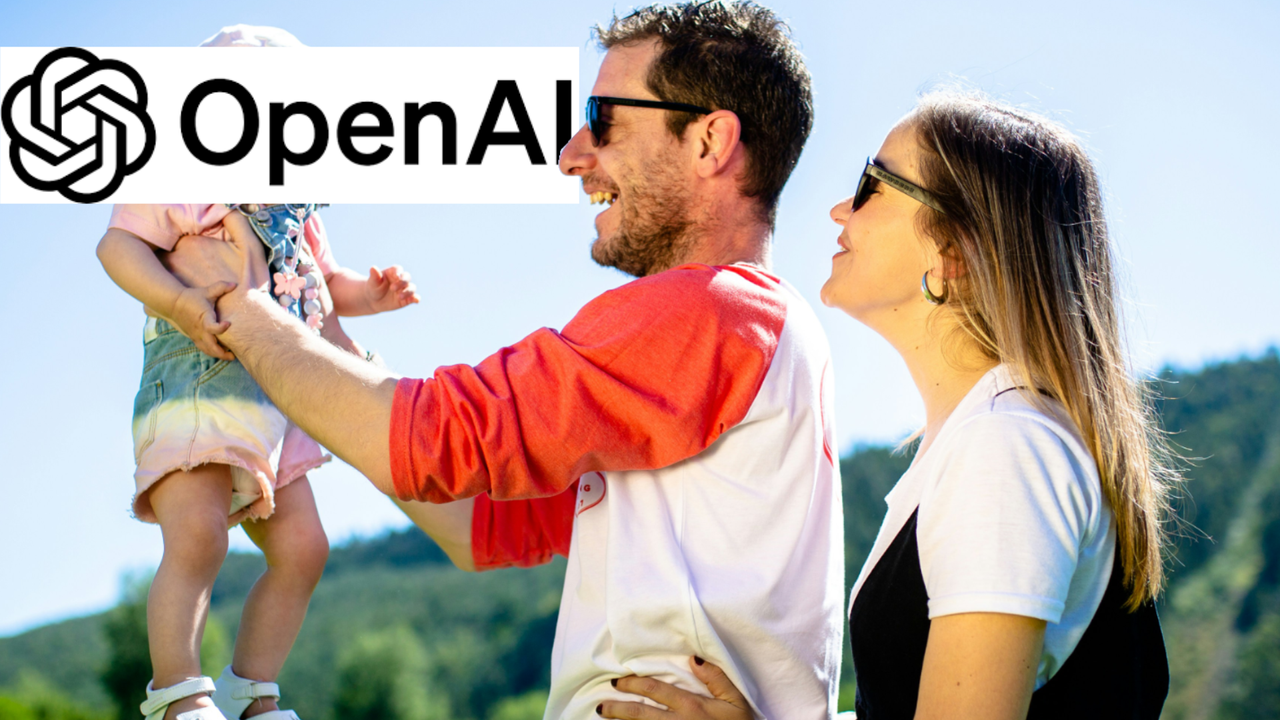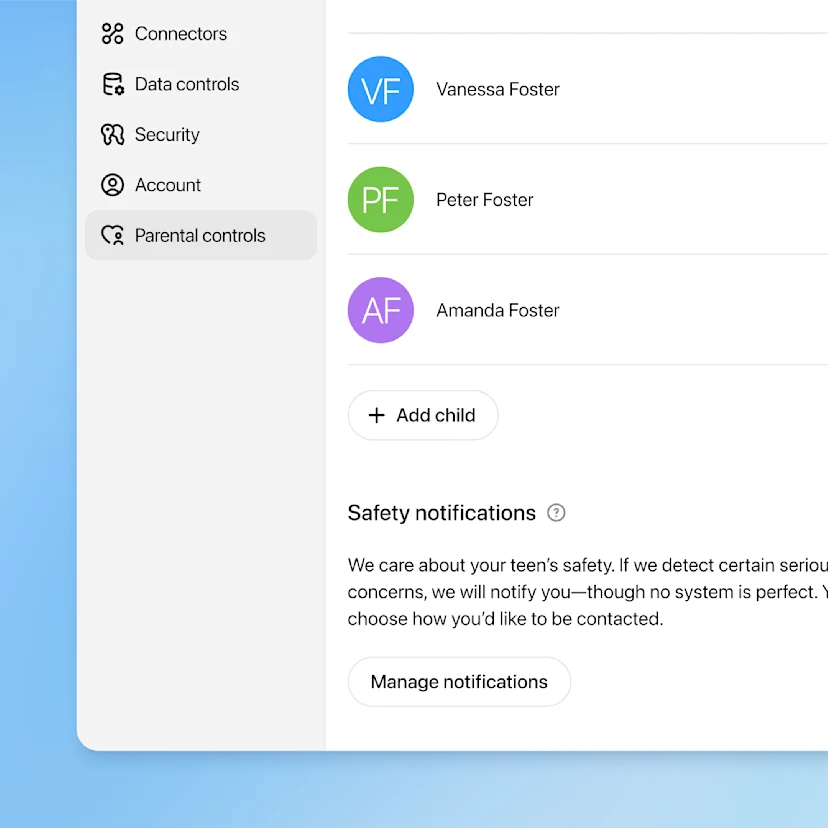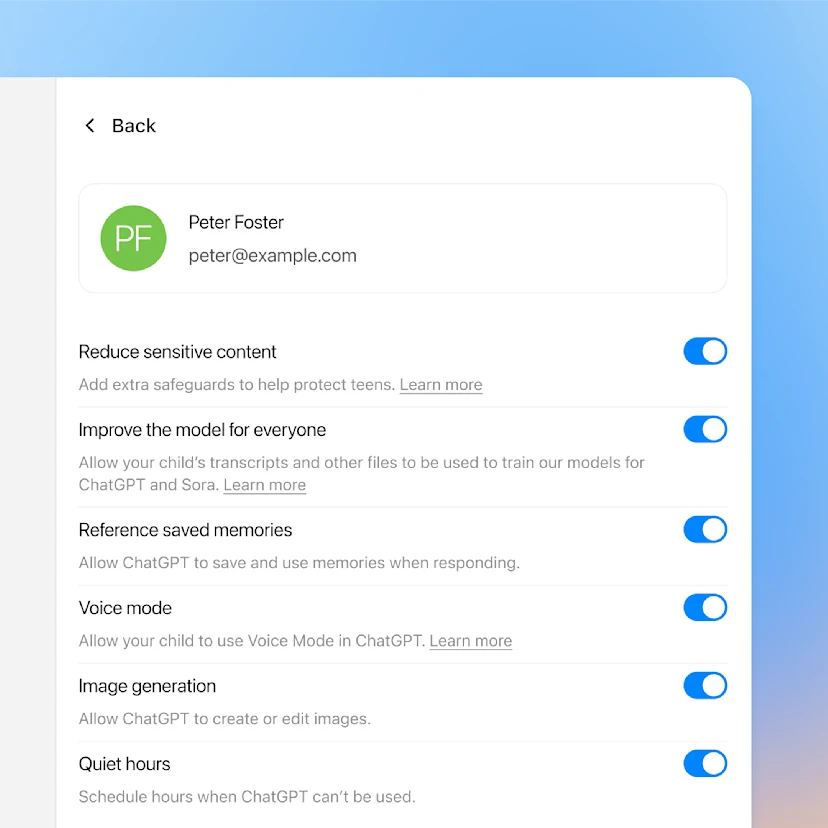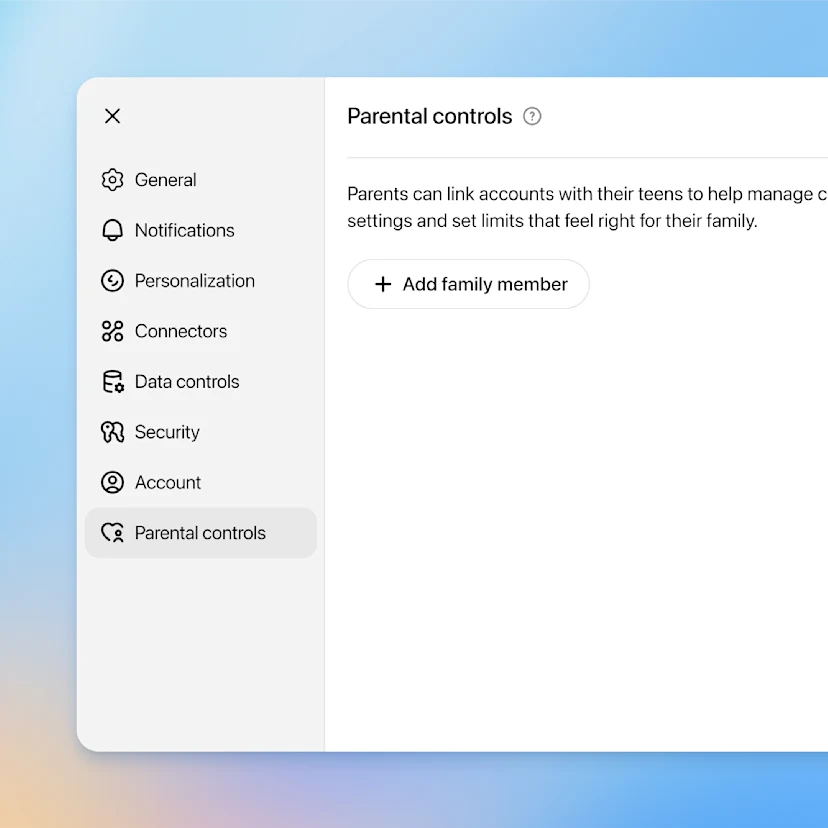
OpenAI is now offering parental controls, a much-needed addition considering how quickly and freely AI chatbots have been developing. This change happens shortly after a family sued OpenAI, alleging that ChatGPT played a role in their teenager’s suicide attempt.
OpenAI is working to make its platform safer for children while a legal case is still in progress. One key change is the addition of parental controls. Let’s take a look at what these controls do and how they function.
Parents can easily connect their accounts to their teen’s account by sending an invitation. Either the parent or the teen can start the process using email or a phone number. Once linked, parents gain access to new management tools. If the teen disconnects the accounts, the parent will be immediately notified.
Once a parent connects their account to their teen’s, the teen’s account automatically gets extra protection. This includes blocking potentially harmful content like graphic images, dangerous challenges, and roleplaying that focuses on romance or violence. It also limits exposure to unrealistic beauty standards. Parents have the option to turn these protections off, but teens can’t change the settings themselves.
When parents turn on parental controls, they gain access to a special settings area within ChatGPT. This allows them to limit usage during certain hours, turn off the voice feature, prevent chat history from being saved, block the creation of images, and ensure their teen’s conversations aren’t used to improve OpenAI’s technology.
OpenAI’s Sora video app also offers parental controls. These allow parents to restrict unlimited scrolling, prevent direct messaging, and disable customized recommendations.
Sora is OpenAI’s latest creation, and it’s similar to TikTok, but with a key difference: all the videos are created by artificial intelligence. While it’s interesting, I don’t particularly like it.
Safety features, collaboration, and what’s next



A step in the right direction
Stronger parental controls seem like a good idea, but ideally, children wouldn’t use these AI tools in the first place. In reality, it’s difficult to prevent teens from accessing them, so better parental controls and education are key – both for teens themselves and for parents – to understand the risks of AI and the internet. Unfortunately, many companies prioritize keeping users engaged and spending money over addressing these risks.
I’m glad to see OpenAI finally taking some responsibility! I know these new safety measures won’t stop everyone – teens will probably still find ways around them – and those other tools likely won’t be very safe anyway. But it’s a good start, and at least it gives parents a little more control and peace of mind about what their kids are accessing.

Stay up-to-date with the latest news, insights, and features from Windows Central by following us on Google News!
Read More
- How to Get the Bloodfeather Set in Enshrouded
- Every Targaryen Death in Game of Thrones, House of the Dragon & AKOTSK, Ranked
- 4 TV Shows To Watch While You Wait for Wednesday Season 3
- The Pitt Season 2, Episode 7 Recap: Abbot’s Return To PTMC Shakes Things Up
- Felicia Day reveals The Guild movie update, as musical version lands in London
- 10 Movies That Were Secretly Sequels
- Goat 2 Release Date Estimate, News & Updates
- Best Thanos Comics (September 2025)
- Where Winds Meet: How To Defeat Shadow Puppeteer (Boss Guide)
- One of the Best EA Games Ever Is Now Less Than $2 for a Limited Time
2025-10-02 14:39